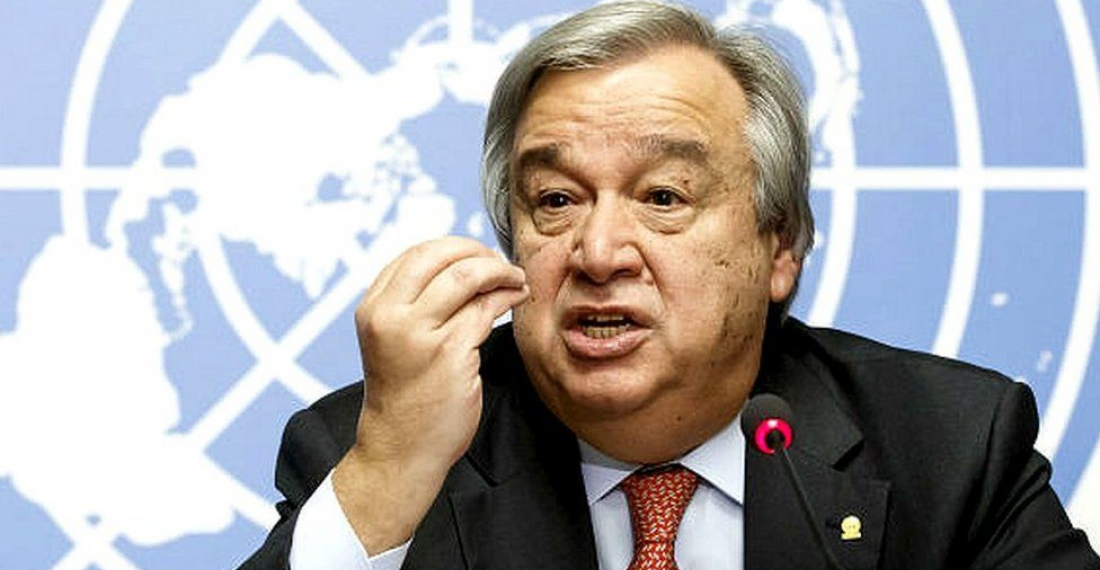UN Secretary General, Antonio Gutteres has warned global leaders that the world is in ‘great peril’ and facing a winter of discontent.
Warning that the world is in “great peril,” the head of the UN said leaders meeting in person for the first time in three years must tackle conflicts and climate catastrophes, increasing poverty and inequality — and address divisions among major powers that have gotten worse since Russia invaded Ukraine.
In speeches and remarks leading up to the start of the leaders’ meeting Tuesday, Secretary-General Antonio Guterres cited the “immense” task not only of saving the planet, “which is literally on fire,” but of dealing with the persisting COVID-19 pandemic. He also pointed to “a lack of access to finance for developing countries to recover — a crisis not seen in a generation” that has seen ground lost for education, health and women’s rights.
Guterres delivered his “state of the world” speech at Tuesday’s opening of the annual high-level global gathering. UN spokesman Stephane Dujarric said it contained “a sober, substantive and solutions-focused report card” for a world “where geopolitical divides are putting all of us at risk.”
In an alarming assessment, Guterres told world leaders that nations are “gridlocked in colossal global dysfunction” and aren’t ready or willing to tackle the major challenges that threaten the future of humanity and the fate of the planet.
Speaking at the opening of the General Assembly’s annual top-level meeting, the UN chief pointed to the war in Ukraine, multiplying conflicts around the world, the climate emergency, the dire financial situation of developing countries, and recent reversals of progress on such UN goals as ending extreme poverty and providing quality education for all children.
“Our world is in peril — and paralyzed,” Guterres said.
But he said there is hope.
Stressing that cooperation and dialogue are the only path forward, he warned that “no power or group alone can call the shots.”
“Let’s work as one, as a coalition of the world, as united nations,” he urged leaders gathered in the vast General Assembly hall.
The 77th General Assembly meeting of world leaders convenes under the shadow of Europe’s first major war since World War II — the conflict between Russia and Ukraine, which has unleashed a global food crisis and opened fissures among major powers in a way not seen since the Cold War.






